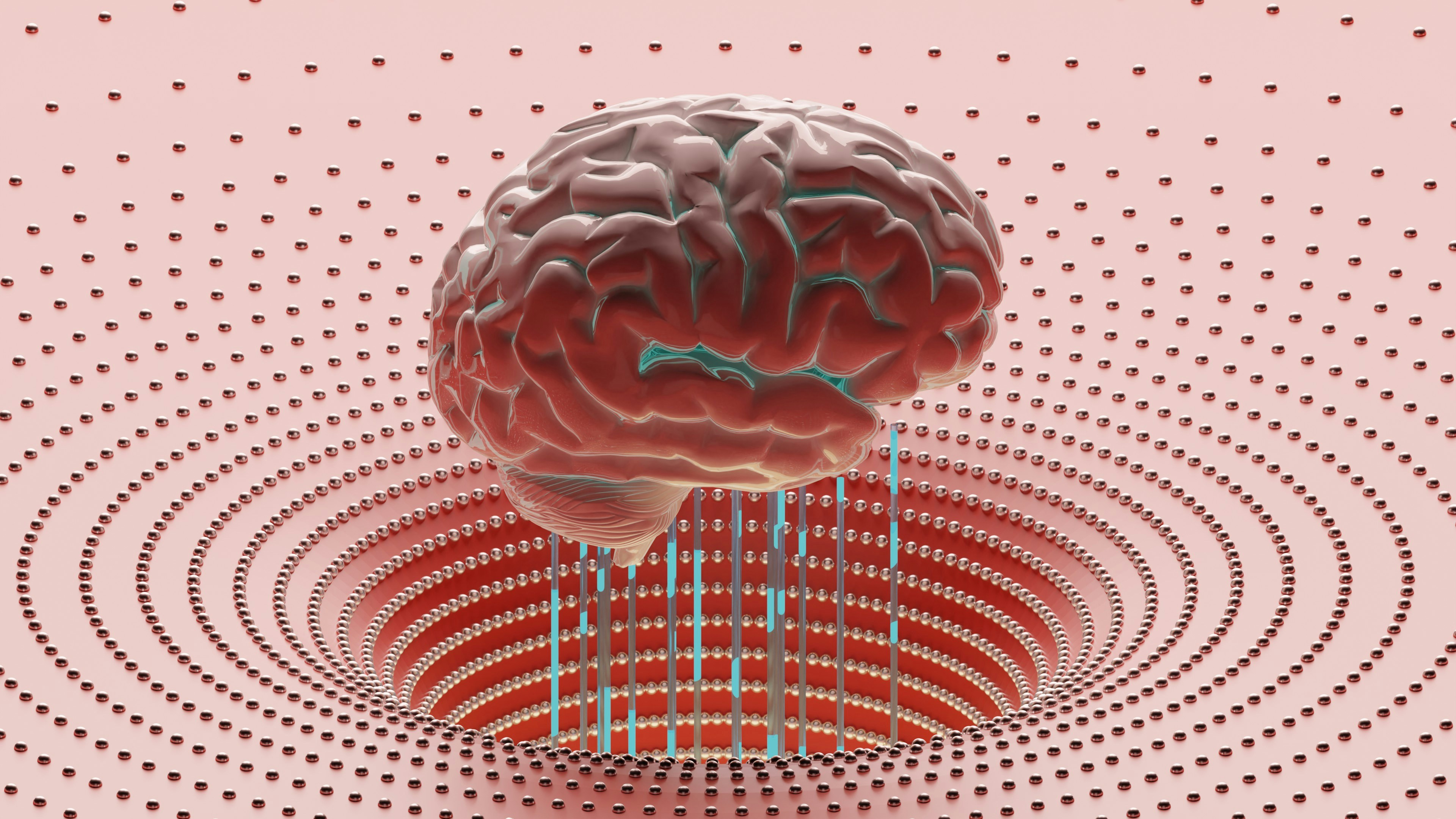Early Life and Influences
Anna Freud was born on December 3, 1895, in Vienna, Austria, into a prominent intellectual family that significantly influenced her future work in child psychoanalysis. As the youngest daughter of Sigmund Freud, the father of psychoanalysis, Anna was exposed to a rich environment of ideas and theories. Her father’s groundbreaking work undoubtedly left a profound impact on her intellectual pursuits and shaped her understanding of human psychology from an early age.
During her formative years, Anna exhibited a strong interest in the arts and literature. This inclination was fostered by her upbringing, which emphasized creativity and critical thinking. The rich cultural landscape of Vienna provided a fertile ground for her artistic inclinations, exposing her to various forms of expression. However, her passions soon began to intertwine with her intellectual development, leading her to delve into psychology.
After completing her early education, Anna Freud pursued her studies at the University of Vienna, where she obtained an education that combined an appreciation for the arts with the scientific inquiry of psychoanalysis. As she navigated through her academic journey, Anna became increasingly interested in the psychological aspects of child development. Her exposure to her father’s theories would later play a crucial role in her formulation of new ideas regarding child psychology and defense mechanisms.
Anna’s early experiences showcased a distinctive balance between artistic expression and a keen interest in psychological theory, ultimately steering her toward her pioneering work in child psychoanalysis. The influences from her family, particularly her father, coupled with her educational pursuits, established a foundation that would enable Anna Freud to make significant contributions to the field. Thus, her background laid the groundwork for a lifetime dedicated to understanding the complexities of childhood experiences and emotional development, propelling her towards her eventual recognition as a prominent figure in psychology.
Contributions to Child Psychoanalysis
Anna Freud, a prominent figure in the domain of child psychoanalysis, made significant contributions that reshaped traditional psychoanalytic practices. Her approach was distinctively tailored to the developmental needs and psychological intricacies of children, characterized by innovative techniques that facilitated understanding their inner worlds. Unlike her father, Sigmund Freud, who laid the groundwork for psychoanalysis, Anna emphasized the necessity of adapting classical methods to suit younger patients, thereby laying a foundation for child therapy that was more engaging and effective.
One of Anna Freud’s notable contributions was her emphasis on play therapy as a means of communication. Recognizing that children often express themselves through play rather than through verbal articulation, she incorporated this understanding into her therapeutic techniques. By using toys, drawings, and stories, she was able to provide children with a space to explore their emotions, struggles, and desires. This approach not only validated children’s experiences but also allowed therapists to gain access to their unconscious thoughts, thus fostering a better understanding of their psychological processes.
In addition to play therapy, Anna Freud developed several key methodologies that contributed to child psychoanalysis. She introduced concepts such as the importance of the child’s environment and the dynamics of relationships within the family unit. Anna focused on the mechanisms of defense in children, elucidating how these psychological processes differ when compared to adults. Her work highlighted the adaptation of defense mechanisms in childhood, illustrating the adaptive nature of these responses in the face of developmental challenges.
Through her thorough exploration of child psychoanalysis, Anna Freud laid the groundwork for modern therapeutic practices. Her influential case studies illuminated the therapeutic journey children undertake, reinforcing the necessity of tailored methodologies in therapy. This pioneering work not only enhanced the understanding of children’s mental health but also affirmed the relevance of psychoanalytic principles in a developmental context.
Defense Mechanisms and Ego Psychology
Anna Freud significantly advanced the understanding of defense mechanisms and ego psychology, building upon and diverging from her father, Sigmund Freud’s, foundational theories. In her work, Anna Freud defined defense mechanisms as unconscious strategies employed by the ego to protect the individual from anxiety and internal conflict. She categorized these mechanisms into different types, emphasizing their crucial role in emotional regulation and childhood development.
Among her notable contributions is the detailed classification of defense mechanisms, which includes repression, displacement, projection, rationalization, and sublimation, among others. Each mechanism serves a specific purpose in helping individuals cope with stressors and maintain psychological equilibrium. For instance, repression involves the unconscious burying of distressing thoughts and feelings, allowing the individual to function without being overwhelmed by anxiety. Displacement, on the other hand, refers to shifting emotions from a threatening target to a safer one, such as venting frustration at a friend rather than an authority figure. These concepts illustrate how children, in their developmental processes, may utilize such mechanisms to navigate their complex emotional landscapes.
Importantly, Anna Freud emphasized the adaptive nature of these defenses during childhood. She argued that rather than merely being maladaptive, many defense mechanisms can serve constructive roles, helping children to manage emotions and navigate social interactions. This perspective contrasts with her father’s more deterministic view of the mind, positioning the ego as a more dynamic force that actively engages with the environment.
By expanding upon her father’s theories, Anna Freud not only laid the groundwork for further exploration into ego psychology but also highlighted the significance of understanding defense mechanisms in developmental contexts. Her innovative approach encouraged future researchers to delve deeper into the intricate workings of the human psyche and the role of defenses at various stages of life.
Legacy and Influence on Modern Psychology
Anna Freud’s contributions to psychology and education have left an indelible mark on the landscape of mental health treatment, particularly in the domain of child psychoanalysis. By establishing this discipline as a respected field, she transformed how mental health professionals understand and address the complexities of children’s psychological development. Her pioneering techniques and insights laid the groundwork for engaging with young patients in a compassionate and meaningful manner.
One of her most significant impacts has been the introduction of developmental concepts that continue to be relevant within contemporary psychology. The principles she advocated for regarding the importance of the parent-child relationship and the role of play in therapy resonate strongly with modern approaches to child therapy. By recognizing the unique challenges faced by children, Anna Freud emphasized the need for tailored therapeutic approaches that respect a child’s developmental stage, a notion that remains prevalent among psychologists today.
Moreover, her exploration of defense mechanisms established a nuanced understanding of how children cope with anxiety and stress, offering insights that have been instrumental in furthering the field. Subsequent practitioners and theorists have built upon her foundational work, integrating her findings into various therapeutic schools of thought, thereby ensuring her influence permeates through current mental health practices.
Even decades after her passing, Anna Freud’s impact is evident in ongoing discussions around child development and therapy methodologies. Her legacy also sparks continual refinement of therapeutic techniques that address the emotional and psychological needs of children, ensuring her work doesn’t merely reside in history but stays at the forefront of effective mental health practices. The enduring relevance of Anna Freud’s contributions underlines the importance of understanding children’s psychological needs as essential in building a healthier future for the next generation.


